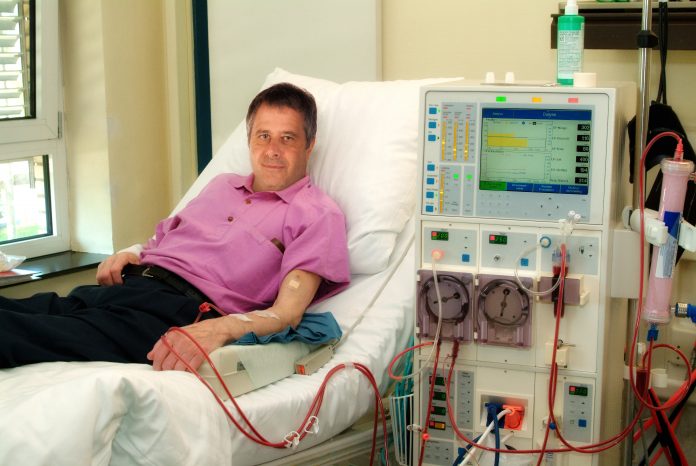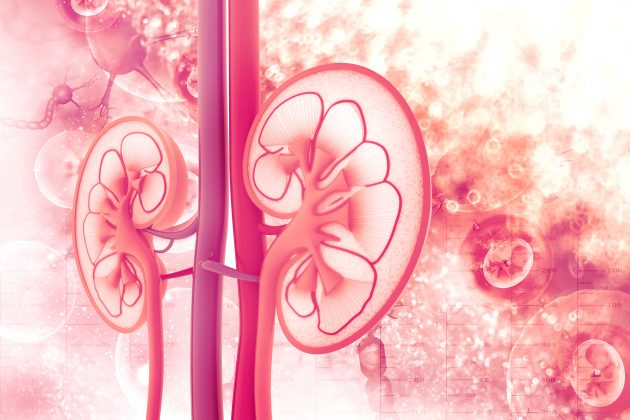Patients with combined predialysis and postdialysis hypokalemia are at increased risk for mortality. Results of the phase 3 DIALIZE study (NCT03303521) demonstrated that sodium zirconium cyclosilicate (SZC) reduces predialysis serum potassium and is well tolerated in patients on hemodialysis with hyperkalemia. Steven Fishbane, MD, and colleagues conducted a post hoc safety analysis of DIALIZE data to assess hypokalemia events in both the SZC arm and the placebo arm of DIALIZE.
Results of the post hoc analysis were reported during a virtual poster session at ASN Kidney Week 2020. The poster was titled Risk of Hypokalemia in Hyperkalemia Hemodialysis Patients.
A total of 191 patients were randomized blindly in a 1:1 ratio to receive placebo (n=99) or SZC (n=97) 5 g starting dose once daily on nondialysis days, 4 days per week for 8 weeks. The 8-week period comprised a 4-week SZC or placebo dose-titration phase (max 15 g) to achieve target predialysis serum potassium level 4.0-5.0 mmol/L and a 4-week stable-dose evaluation phase.
In the current analysis, the proportions of patients with hypokalemia, defined as serum potassium level <3.5 mmol/L, predialysis, postdialysis, and combined predialysis and postdialysis at the same visit were tabulated by visits. Patients’ current predialysis serum potassium stratified by postdialysis serum potassium (≥3.5 vs <3/5 mmol/L) at the previous visit was also assessed.
The frequency of predialysis hypokalemia was similar between the two groups: five patients in the SZC arm accounted for seven events and five patients in the placebo arm accounted for five events. The proportion of patients with postdialysis hypokalemia at each visit was greater in the SZC group than in the placebo group. Predialysis serum potassium returned to ≥3.5 mmol/L at the next visit for all but two SZC patients with postdialysis hypokalemia. One patient in each arm had combined predialysis and postdialysis hypokalemia.
In conclusion., the researchers said, “Despite the efficacy of SZC in lowering predialysis serum potassium, SZC was not associated with a clinically significant increase in the frequency of predialysis hypokalemia. Treatment with SZC versus placebo did not increase the frequency of combined predialysis and postdialysis hypokalemia which is associated with increased mortality risk.”
Source: Fishbane S, Ford ML, Fukagawa M. et al. Risk of hypokalemia in hyperkalemic hemodialysis patients. Abstract of a poster at the American Society of Nephrology virtual Kidney Week 2020 (PO1051), October 22, 2020. Funding for this poster was provided by AstraZeneca.
Credit: Original article published here.










